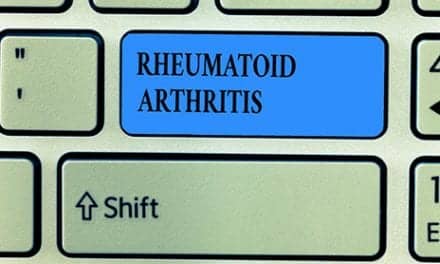.png)
In the study, college students with and without a history of concussions were assessed. Researchers report that they observed changes in gait, balance, and in the brain’s electrical activity. Steven Broglio, PhD, assistant professor of kinesiology, director of the neurotrauma research laboratory notes that researchers specifically observed changes in attention and impulse control.
The results indicate that the brain injury group exhibited decline up to 6 years following injury, however differences between the groups remained subtle, researchers add. Broglio emphasizes that the results are not intended to provoke panic, “Just because you’ve had a concussion does not mean your brain will age more quickly or you’ll get Alzheimer’s. We are only proposing how being hit in the head may lead to these other conditions, but we don’t know how it all goes together just yet,” Broglio says. A cumulative effect may drive the progression, he adds, with the risk increasing as the number of impacts or concussions increase.
To this end, the researchers note that in the study’s next phase, they will assess individuals aged 20 years old, 40 years old, and 60 years old, analyzing those who have sustained concussions during high school spots and comparing them with those who have not.
Source: Michigan School of Kinesiology




